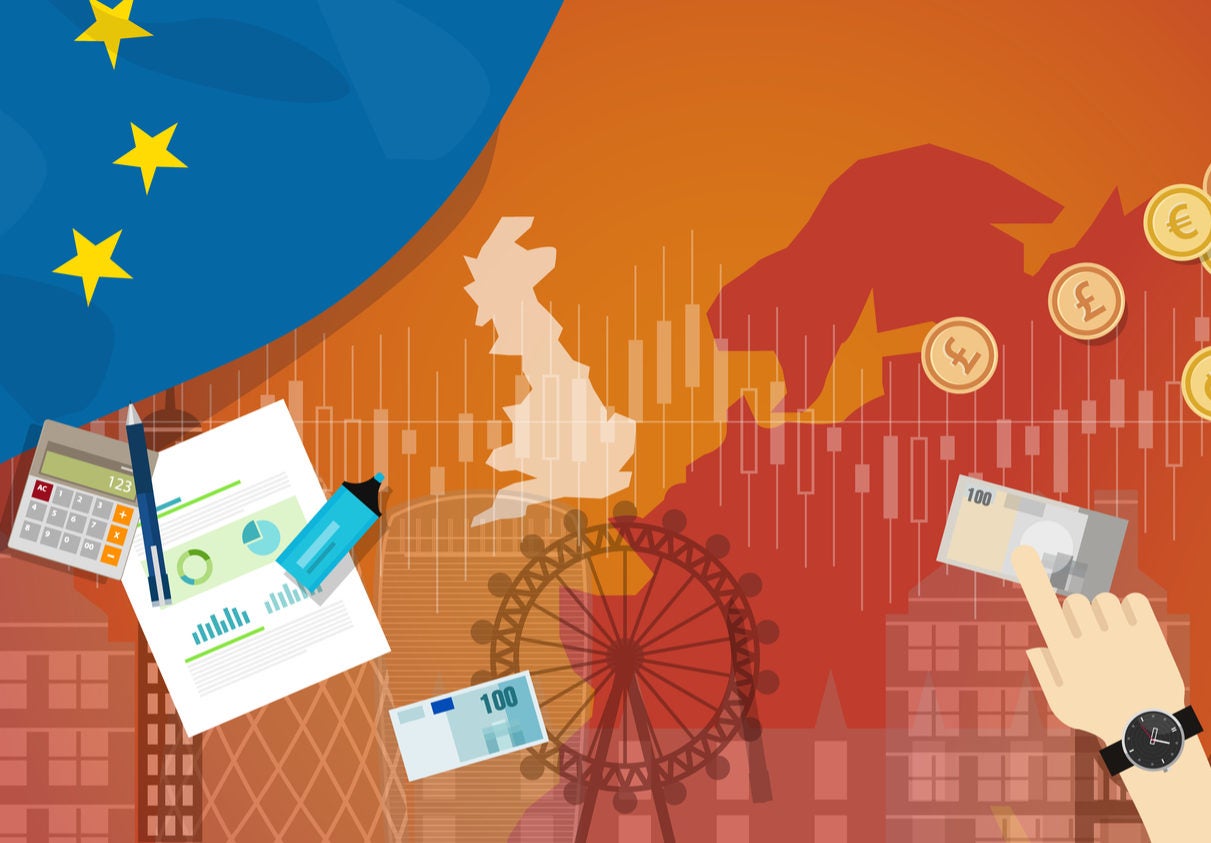
“Investment that would have come here has not come here,” said Carolyn Fairbairn, Director General of the Confederation of British Industry (CBI) has warned ahead of the Brexit deadline, which will see the United Kingdom pull out of the European Union in March 2019.
And yet, recent investment data paints a very different picture.
According to research conducted by early stage investment firm Octopus Ventures, the UK has seen investment grow as it heads towards Brexit.
Since former Prime Minister David Cameron first called for a referendum on the Lisbon Treaty, venture capital investment in the UK has almost doubled from $4bn in 2010 to $7.9bn in 2017.
Investment has increased by more than 425% since 2009, when total annual investment stood at $1.5bn.
The UK now accounts for 42% of all VC investment across Europe, with Germany (15%) and France (11%) making up the top three.
How well do you really know your competitors?
Access the most comprehensive Company Profiles on the market, powered by GlobalData. Save hours of research. Gain competitive edge.

Thank you!
Your download email will arrive shortly
Not ready to buy yet? Download a free sample
We are confident about the unique quality of our Company Profiles. However, we want you to make the most beneficial decision for your business, so we offer a free sample that you can download by submitting the below form
By GlobalDataLondon remains Europe’s business capital
Despite a dip in 2016 – when investment fell by $0.6bn to $6.5bn – that could be attributed to the referendum vote and the business uncertainty that came with it, VC investment in the UK reached a record high last year at the expense of its European neighbours.
Much has been made of London’s ability to maintain its status as the capital of Europe for business. Frankfurt in Germany, Amsterdam in the Netherlands, Paris in France and Dublin in Ireland have been tipped as four possible cities that could take its place.
However, according to Octopus Ventures’ research, neither France, Germany, Ireland or the Netherlands have yet to see much growth since the Brexit referendum took place.
France’s share of investment capital in 2017 remained the same, while both Germany and Ireland saw a 1% decrease year-over-year. Both saw VC investment decrease by $200m to $2.8bn and $0,5bn respectively.
The Netherlands did see growth of 1% between 2016 and 2017, with total investment climbing from $0.5bn to $0.7bn. However, this is minor in comparison to the UK.
Brexit Britain saw investment climb by $1.4bn between 2016 and 2017, an increase in market share of 7%.
Global growth
While the UK continues to dominate in Europe, businesses globally are continuing to enjoy easier access to increasingly large sums of money.
According to Octopus Ventures, global investment has tripled in size in the past decade, from $53bn in 2008 to more than $160bn in 2018.
Not only has investment increased, but the investment landscape has also changed significantly.
In 2008, the United States accounted for 79% of global VC investment, as a new wave of technology startups flocked to places like Silicon Valley to gain access to the best talent and resources in the tech industry.
The US has lost 26% of the VC investment market in the last decade. It now accounts for just 53% of VC investment.
According to Alliott Cole, CEO of Octopus Ventures, technology is the cause of this higher, and more diverse spending by venture capitalists.
“Over the last decade, technology – software, hardware and the platforms they enable – has created global transformation on an unprecedented scale. It has forced changed and challenged ways of working, disrupting incumbents, empowering the innovators and entrepreneurs who dared to think bigger,” said Cole.
“There was a time when if you were in tech, it was inevitable that you would head to the Bay Area. Today – while Silicon Valley retains its leadership position – it no longer has a monopoly on scale, expertise or know-how. Entrepreneurs can now access the talent, advice and resources they need remotely.”







